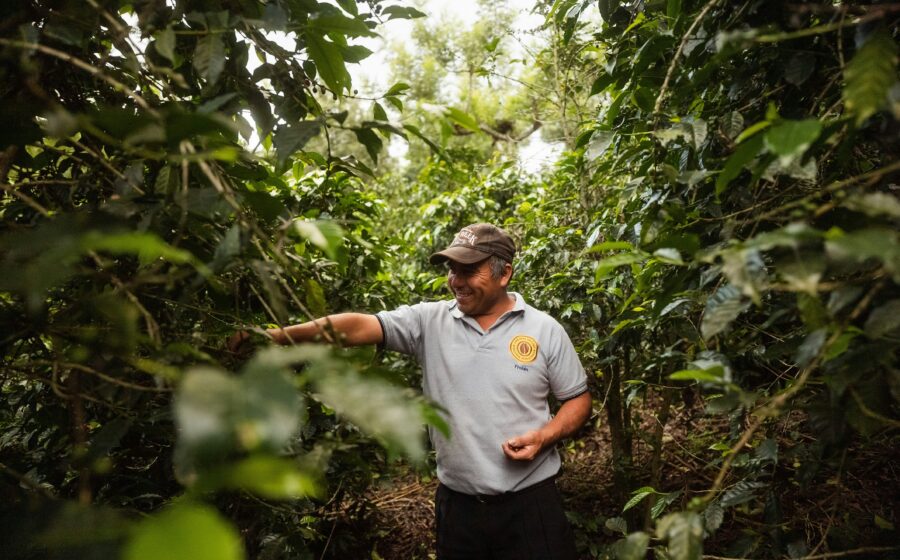✉️ This story was featured in this week’s Coffee News Club
👋 Get the Coffee News Club newsletter in your inbox weekly—sign up.
The future of coffee is at risk, threatened by a range of issues, including rising temperatures and extreme weather, as well as the uncertainty that comes with fluctuating coffee prices. However, one issue that also poses an imminent threat is age: coffee farmers are aging, and younger generations are not always interested in taking over.
Most coffee farmers are between 50 and 60 years old—few are under 35. As Daniel Woods reports for Global Coffee Report, young people in coffee-producing countries have more economic opportunity than ever. As a result, many of them are leaving rural areas (where most coffee farms are) for cities. Furthermore, the precarious economics of coffee farming provide them with little incentive to stay.
“People are chasing education or simply a different lifestyle from their parents. Farming is often seen as low income, which it is,” coffee consultant Gerd Mueller-Pfeiffer told Woods. “It’s labour intensive, and climate risk influences how much money you might make. Without real investment, modernisation, or incentive, we will continue to push towards this demographic cliff.”
Some are working to change this. In Brazil, the cooperative Expocacer has developed several programs directed at encouraging the next generation to stay in farming. One of their programs, called Elas no Café, aims to incentivize more women to become involved in managing their family farms. “When all family members – men and women – are prepared and have their role recognised, succession occurs more harmoniously,” Expocacer’s executive director Simão Pedro de Lima said.
However, de Lima notes that Expocacer’s approach may not be effective in solving the larger, worldwide succession problem. “Although coffee farming is almost global in scope, each country has its own culture, politics, and economic structure. It is not possible to have a model of practices that is universal.”
Read the full story on coffee’s ageing workforce from Global Coffee Report here.






